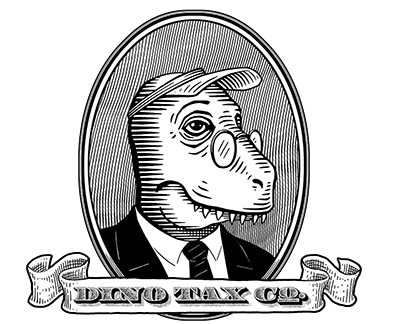This article is partially about what happens when your student loan debt is cancelled by the lender, meaning, your bank basically “calls the debt off” so-to-speak, while the briefer second part of this post goes into the potential taxability that occurs when your student loan debt is repaid by someone else, including a company or other entity, to your direct benefit. These topics are rather esoteric because most people don’t consider the cancellation of debt or repayment by someone else as income; however, the IRS certainly does in some instances.
First and foremost, let’s start with the initial assumption that student loan debt cancellation leads to taxable income, and that there will need to be an exception to this general rule if the cancellation is not taxable. For this purpose, an exception exists for student loan debt cancellation if the loan was issued by a qualified lender to pay for an eligible educational institution, and the cancellation of the debt was the result of the death or total and permanent disability of the borrower. It’s a little depressing that one of the only ways you’re getting around paying taxes on the cancellation of your loans is through essentially life ending events, but hey, those the rules. A qualified lender is either the government (federal or state) or a private lender not guaranteed under Title IV of the Higher Education Act, in other words, a private lender making student loans for college. Furthermore, an eligible educational institution is a school, specifically an institution that has a regular faculty and curriculum, and normally has students enrolled for classes. In summary, if you’ve died or becoming permanently and totally disabled and your student debt is the result of either the government or a private lender granting the loans to you so you can attend college, then the cancellation of that debt is not taxable.
The other exception for cancellation of student loan debt income has the first two hallmarks of the previous exception, meaning qualified lender and eligible educational institution, but the cancellation of the debt comes as the result of working in a specified occupational field for a certain amount of time after leaving school. One of these work-related fields is the public/non-profit sector. Through the federal government’s Public Service Loan Forgiveness Program, those with student loans that are employed by a federal, state, county, or city government or a non-profit organization on a full time basis, while repaying those loans under a plan that sets the minimum payment based on the amount of the payer’s annual income for a period of 120 payments (most likely the equivalent of 10 years) is eligible to have the remainder of their student loans forgiven after those 120 payments. This is the type of program that would qualify for the exception and therefore such student loan debt cancellation would not be taxable. There are other programs available as well, but the Public Service Loan Forgiveness Program is one of them.
Now, on to student loan repayment assistance, meaning that someone else, either a person or entity repays your loans for you. Applying the same principle as we asserted in student loan forgiveness cases, we’re going to need to establish the exception for repayment assistance taxability. That exception comes in the form of repayments that were granted to you through the following programs: the National Health Services Corps Loan Repayment Program; a state repayment assistance program under the Public Health Service Act; or another state loan repayment assistance program centered on providing healthcare to under-served regions. As you can probably gather, in order to be tax free, the repayment assistance program must have healthcare for the under-served as its stated goal. Other than this exception, assume that repayment assistance provided by an unrelated person or entity is taxable to the recipient, i.e. the individual with the student loans.
If you’d like to read more about the tax benefits of education, see IRS Publication 970.
Furthermore, when tax problems, including debt cancellation and repayment assistance come your way, or you have any other tax issue or problem, don’t hesitate to contact Dino Tax Co today at (713) 397-4678 or email davie@dinotaxco.com. The first phone consultation is always free. Also, consider liking us on Facebook: www.facebook.com/dinotaxco.

Leave A Comment